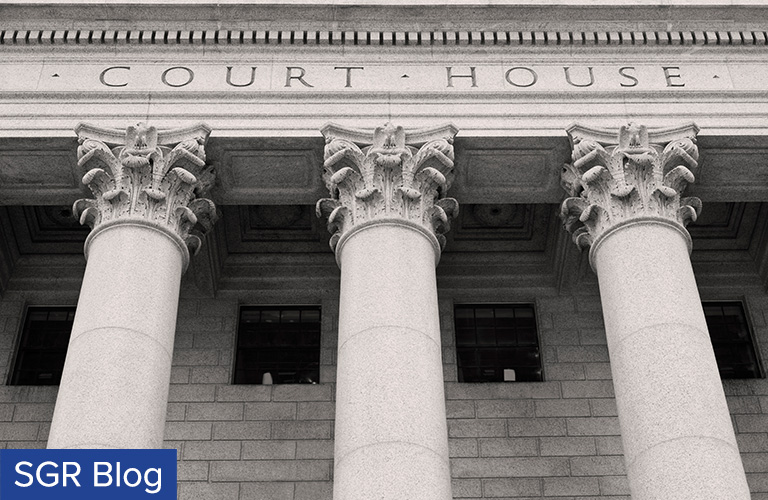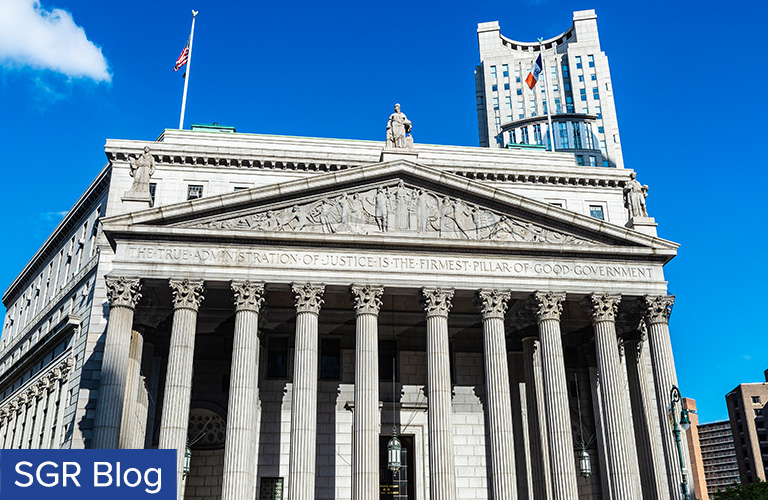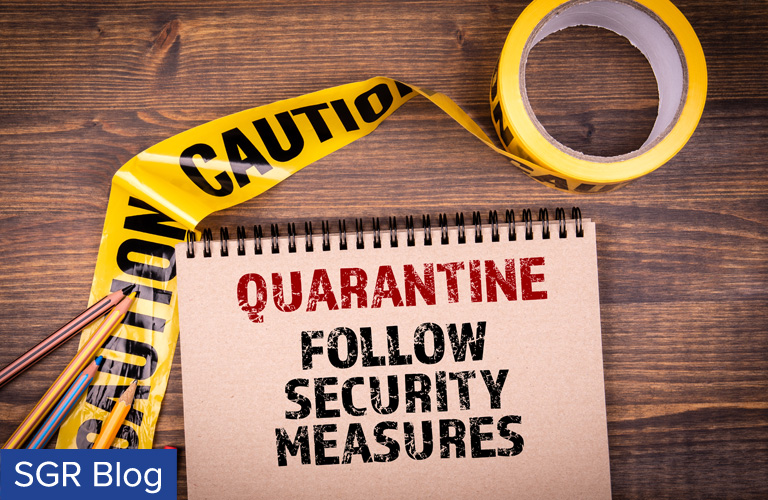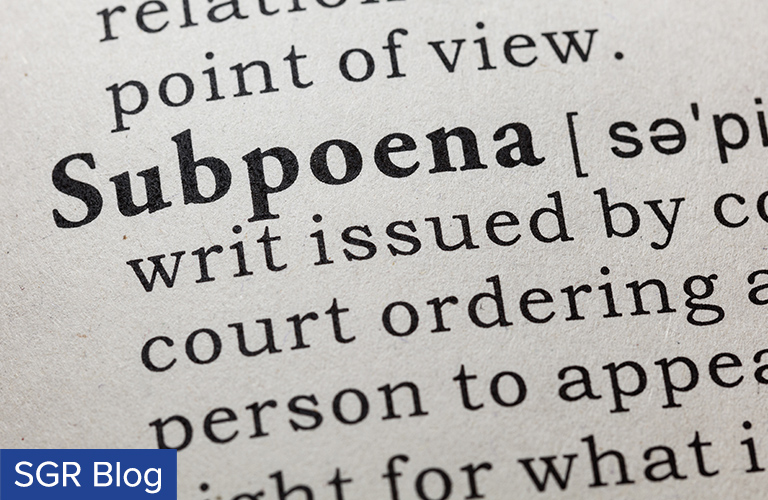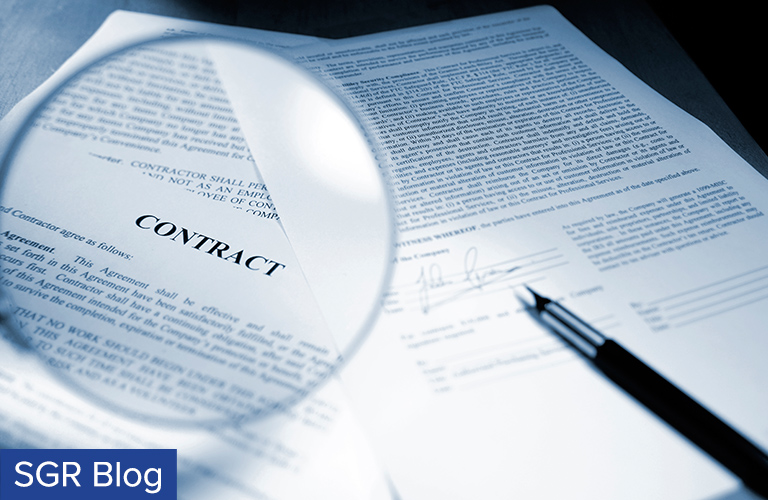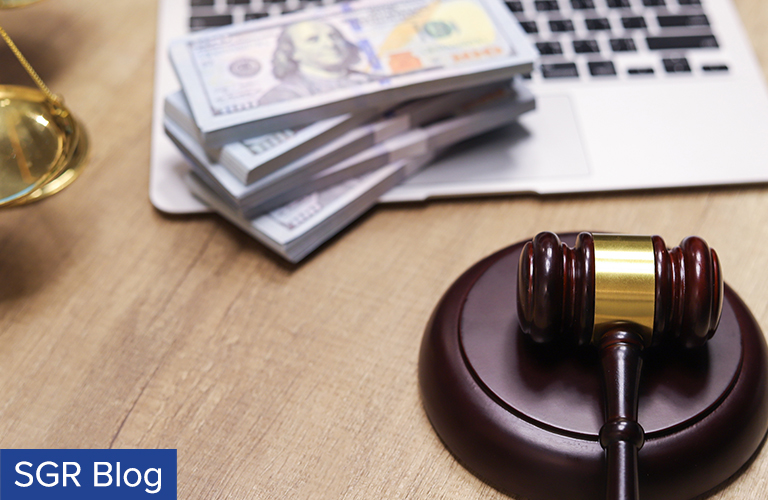
Part One discussed the role of a lawyer as counselor and the importance of sustaining a client’s morale, while Part Two dealt with balancing that morale with the ethical duty to provide candid advice. Part Three will discuss the care and handling of clients when giving candid advice. How does one best present the client with difficult, unpalatable alternatives? When deciding what advice to give, when to give it, and how to give it, counsel also has to assess the client’s personality. This is where the theory underlying the Rules of Professional Conduct meets reality. “The Rules of Professional Conduct… Read more




